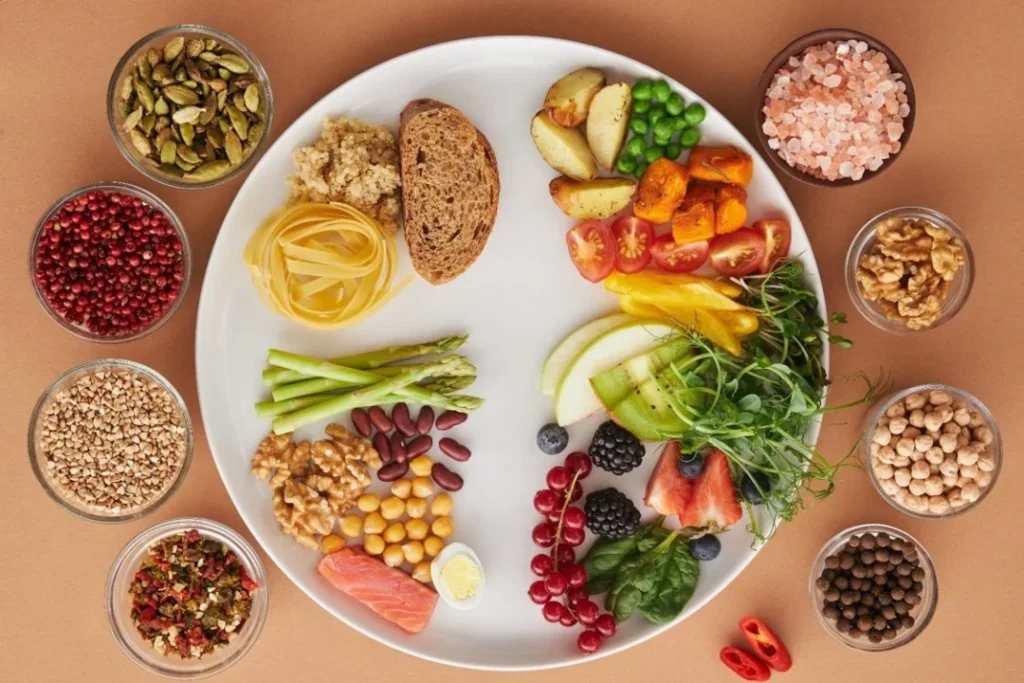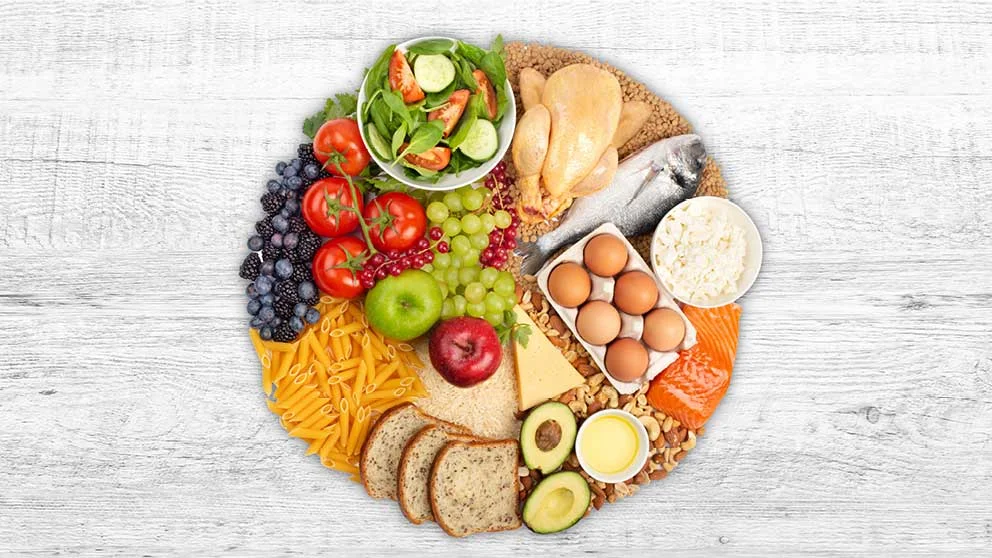
Food is not just a source of energy; it plays a pivotal role in our overall health and well-being. The saying “you are what you eat” highlights the profound impact our diet has on our physical and mental health. This article explores the various ways in which food affects our health, providing essential facts everyone should know.
Nutrient-Rich Diet for Optimal Health
Macronutrients: The Building Blocks
Carbohydrates: The primary source of energy for the body. Complex carbohydrates found in whole grains, fruits, and vegetables are preferable over simple sugars.
Proteins: Essential for growth, repair, and maintenance of tissues. Sources include meat, fish, dairy, beans, and nuts.
Fats: Necessary for hormone production and nutrient absorption. Healthy fats, such as those from avocados, nuts, and olive oil, should be prioritized over Trans fats and saturated fats.
Micronutrients: The Key to Vital Functions
Vitamins: Organic compounds crucial for various bodily functions. For example, Vitamin C boosts the immune system, while Vitamin D supports bone health.
Minerals: Inorganic elements like calcium, potassium, and iron are vital for bone health, fluid balance, and oxygen transport, respectively.
The Role of Food in Disease Prevention
A diet rich in fruits, vegetables, whole grains, and lean proteins can significantly reduce the risk of heart disease. Foods high in antioxidants, such as berries and nuts, help prevent oxidative stress and inflammation, key contributors to cardiovascular issues.
Diabetes Management
Consuming foods with a low glycolic index, such as whole grains, legumes, and non-starchy vegetables, helps regulate blood sugar levels. Fiber-rich foods also play a crucial role in managing diabetes by slowing the absorption of sugar into the bloodstream.
Cancer Prevention
Certain foods are known to have cancer-preventive properties. For instance, cruciferous vegetables (like broccoli and Brussels sprouts) contain compounds that may help protect against cancer. Similarly, foods rich in antioxidants, such as berries and dark leafy greens, can help neutralize free radicals and reduce cancer risk.
Mental Health and Diet

Omega-3 fatty acids, found in fish, flaxseeds, and walnuts, are essential for brain health. They can improve cognitive function and reduce symptoms of depression. Additionally, a diet high in processed foods and sugars has been linked to increased risk of depression and anxiety, while a balanced diet supports overall mental well-being.
Gut-Brain Connection
The gut micro biome, the community of bacteria in our intestines, has a significant impact on mental health. Foods rich in pro biotic (like yogurt and fermented foods) and pre biotic (such as garlic and onions) promote a healthy gut micro biome, which in turn supports mental health.
The Impact of Processed Foods
Processed foods often contain high levels of salt, sugar, and unhealthy fats, contributing to various health problems such as obesity, hypertension, and type 2 diabetes. They also lack essential nutrients, leading to nutritional deficiencies.
Additives and Preservatives
Many processed foods contain additives and preservatives that can have adverse effects on health. For example, artificial colors and flavors may trigger allergic reactions and other health issues in some individuals.
Benefits of a Balanced Diet
A balanced diet helps maintain a healthy weight, reducing the risk of obesity-related diseases. Incorporating a variety of nutrient-dense foods ensures that the body gets all the essential nutrients without excess calories.
Consuming a balanced diet that includes complex carbohydrates, lean proteins, and healthy fats ensures a steady supply of energy throughout the day, enhancing physical and mental performance.
Conclusion
The impact of food on health cannot be overstated. By making informed dietary choices, individuals can prevent chronic diseases, boost mental health, and improve overall well-being. Emphasizing a diet rich in whole, nutrient-dense foods while minimizing processed foods is a key strategy for achieving and maintaining good health. Remember, what you eat today will determine your health tomorrow.